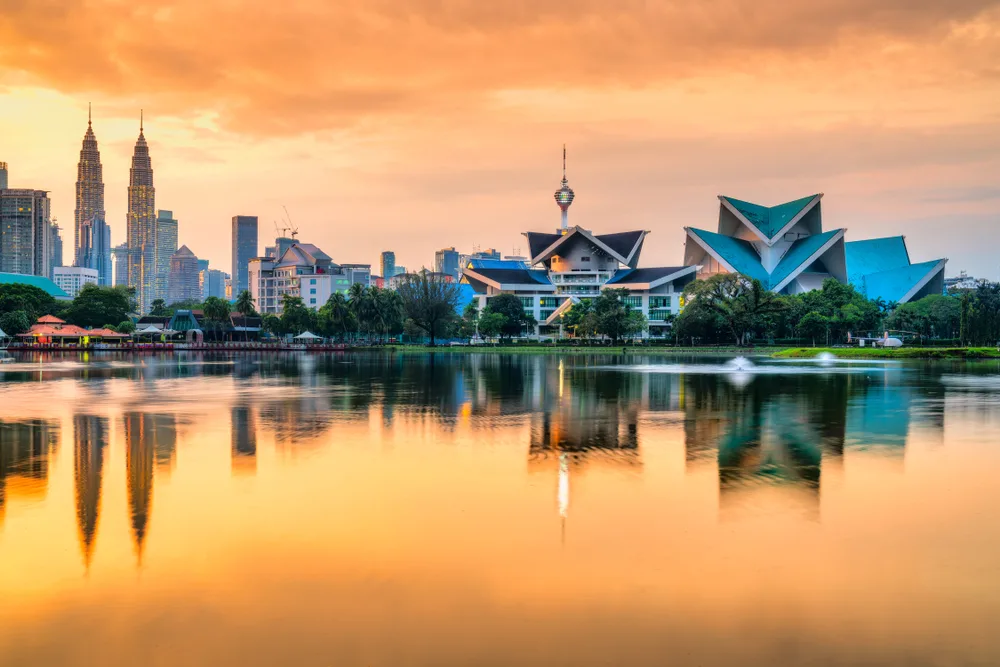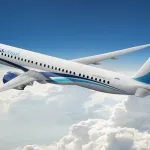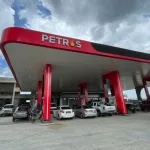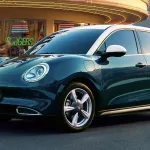Harnessing Technology and Data for Sustainable Urban Mobility in Malaysia

Unlocking the Future of Transportation
eyesonmalaysia
1. Urban Mobility in Malaysia
Malaysia, a vibrant tapestry of cultures and landscapes, is rapidly urbanizing. As 78% of Malaysians now reside in cities, the need for efficient and sustainable urban mobility solutions has never been more critical. However, this transformation comes with its share of challenges.
1.1 Urban Mobility Challenges
The bustling streets of Kuala Lumpur echo with the hum of private cars, leading to congestion, lost productivity, and high greenhouse gas emissions. The struggle to move efficiently within cities affects everyone—from daily commuters to business owners. But there’s hope on the horizon.
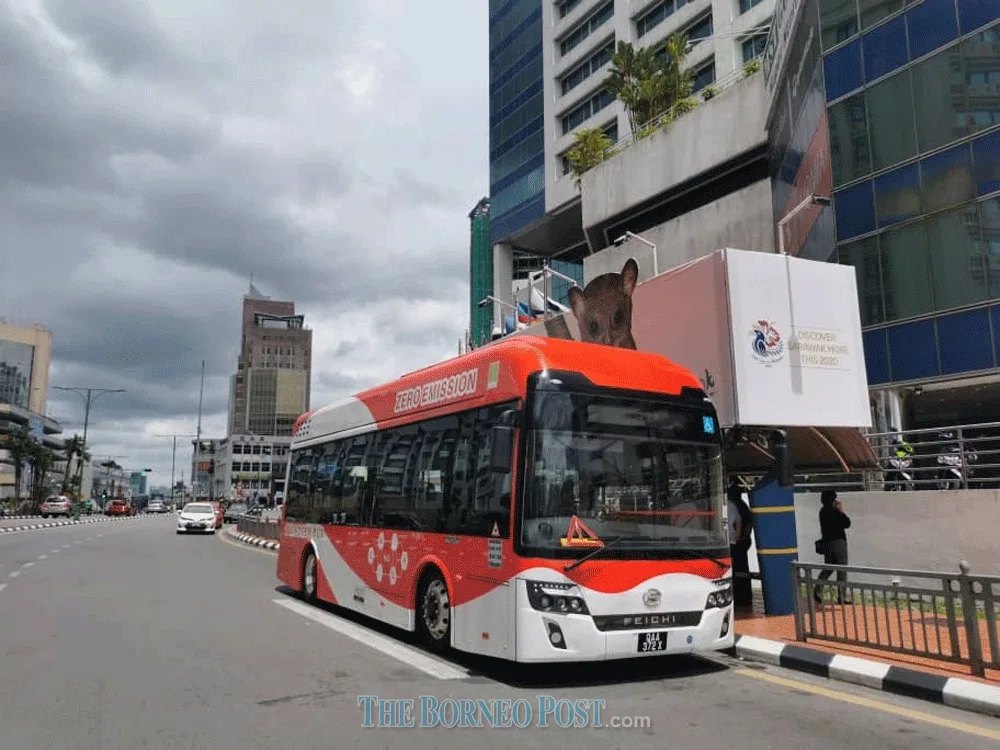
1.2 Urban Mobility Administration and Policy
Malaysia recognizes the urgency of addressing urban mobility. The recent National Energy Policy (2022-2040) sets an ambitious target: 50% modal share for urban public transport to reduce carbon emissions. City administrators and policymakers are actively seeking innovative solutions to transform the way people move.
1.3 Digital and Frontier Technology Solutions
Embracing digital and frontier technologies is the key to unlocking sustainable urban mobility. These technologies disrupt the status quo, enabling data-driven policymaking and integrated transport systems. Imagine real-time traffic management, seamless public transport networks, and intelligent micromobility services—all powered by technology.
2. Data for Urban Mobility Planning in Malaysia
Data is the lifeblood of effective urban mobility planning. Let’s explore how it shapes our future:
2.1 Public Sector Data Sharing
Malaysia is harnessing public sector data to optimize mobility. By sharing information on traffic patterns, road conditions, and public transport usage, we can make informed decisions. Imagine dynamic bus routes that adapt to real-time demand or predictive maintenance for trains.
2.2 Public-Private Data-Sharing Partnerships
Collaboration between public and private entities is essential. These partnerships allow us to create holistic mobility solutions. Imagine seamless ticketing systems that work across buses, trains, and ride-sharing services. By sharing data responsibly, we pave the way for a connected and sustainable future.
3. Conclusion and Recommendations
Malaysia stands at the crossroads of transformation. As our cities evolve, let us:
- Invest in Infrastructure: Build efficient public transport networks, pedestrian-friendly walkways, and cycling lanes.
- Promote Innovation: Encourage startups and tech companies to develop smart mobility solutions.
- Prioritize Sustainability: Strive for zero-emission vehicles, green spaces, and cleaner air.
- Empower Communities: Engage citizens in shaping their urban mobility future.
Together, we can create cities where mobility is seamless, sustainable, and inspiring. Let’s embark on this journey—one bus ride, one data point, and one innovation at a time.
Acknowledgements: This report was made possible by the British High Commission, Kuala Lumpur, and the collaborative efforts of experts and stakeholders. The views expressed reflect our collective commitment to a greener, more connected Malaysia.
Follow us on Twitter: @GSMAm4d



